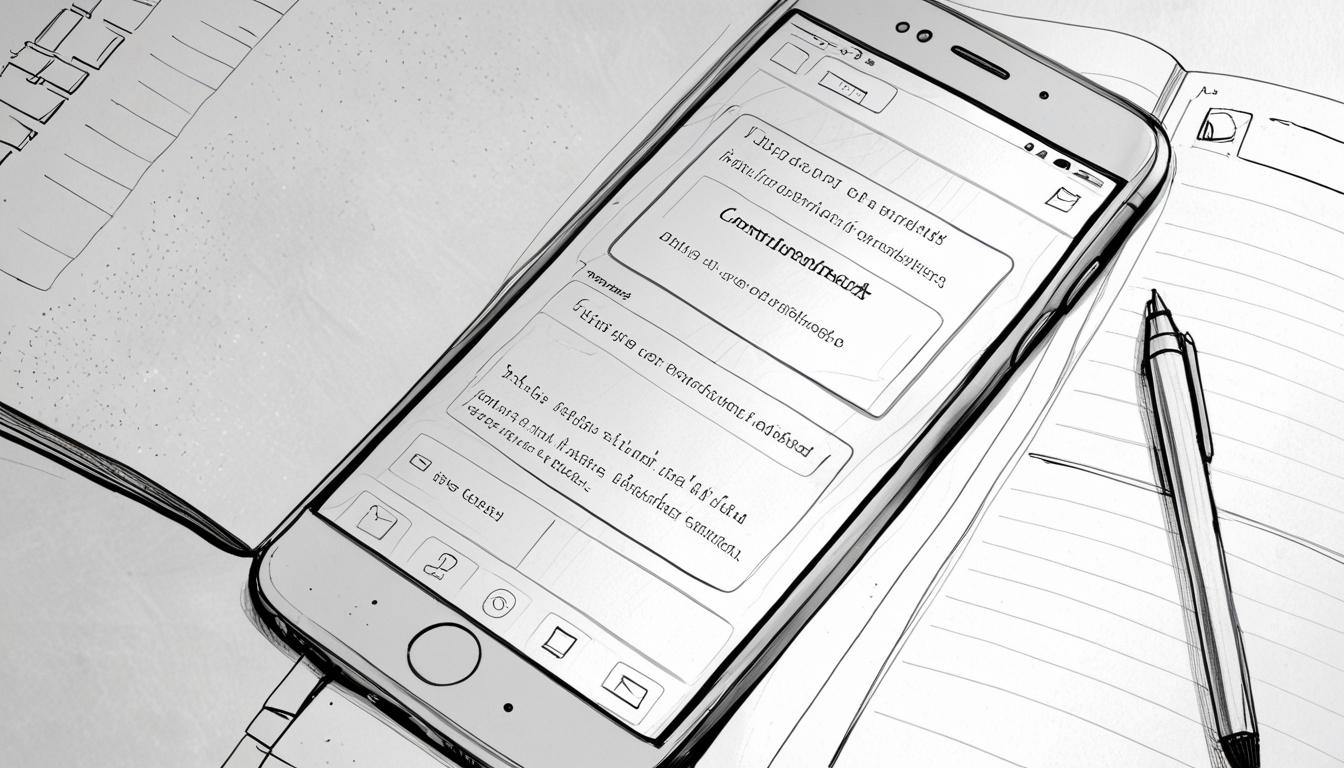A series of strategies to manage digital consumption and enhance online literacy has been proposed by Dr Kaitlyn Regehr, an associate professor at University College London, who has aptly termed herself a “digital nutritionist.” Her recommendations, aimed particularly at parents, are outlined in her forthcoming book, Smartphone Nation: Why We’re All Addicted to Screens and What You Can Do About It.
Dr Regehr emphasises the importance of recognising one's own phone usage patterns, suggesting practical measures such as conducting a digital “walk-through” of common apps with a friend or partner. Additionally, she encourages maintaining a “phone-fed journal,” where individuals document their objectives when using their phones, what actions they ultimately take, and their emotional responses post-use.
One notable tactic she advocates is greyscaling, which involves switching off colour on mobile devices. “Turning your phone to greyscale is one of the quickest and easiest ways of understanding the impact of colour and images on our user experience,” she elaborates. This approach serves to highlight how colour and imagery significantly contribute to the addictive nature of modern devices. Instructions for enabling this feature are readily available on platforms like Google Help for Android and Apple Support for iPhones.
Another critical aspect discussed by Dr Regehr is “algorithmic resistance,” which entails taking control over the content one consumes online rather than passively accepting what algorithms display. She advises dedicating half an hour weekly to curate a personalised feed and actively choosing to ignore less relevant content.
While recent discussions have largely centred on the negative impact of social media on children, Dr Regehr aims to draw attention to the digital illiteracy among parents, contributing to a more comprehensive understanding of their children’s use of technology. In her interview with The Guardian, she expressed support for school smartphone bans and campaigns advocating for a smartphone-free childhood. However, she asserts that these initiatives alone do not suffice. “We do need to provide them with education about how these things work,” she noted, adding a sense of urgency in preparing children for a digital future, regardless of parental controls or age restrictions.
Dr Regehr's initiatives come amid a notable trend in UK schools, where almost all primary schools and the vast majority of secondary institutions have instituted some form of mobile phone ban during school hours. This shift is driven by concerns regarding children's mental health, attention spans, and online safety. The statistics from a national survey commissioned by Rachel de Souza, England’s children’s commissioner, reveal that 99.8% of primary schools and 90% of secondary schools are participating in these bans.
In addressing this climate, Dr Regehr expresses caution about the implications of such bans. “My fear is that when you implement a ban, it can let schools and legislators off the hook because they think the job is done,” she said. This concern underscores her belief that a more profound cultural change is needed.
The book is dedicated to her two daughters, with aspirations that they view future generations as less beholden to technology than the current one. “I am trying to make a cultural change so that their lives are better,” she said, declaring the prevalent screen addiction as a dominant threat to health and wellbeing.
Smartphone Nation is set to be published by Bluebird on 15 May and will feature educational materials aimed at helping families navigate the complexities of digital literacy. Through her work, Dr Regehr seeks to empower both parents and children to approach technology with informed criticality, fostering a healthier relationship with digital media.
Source: Noah Wire Services
